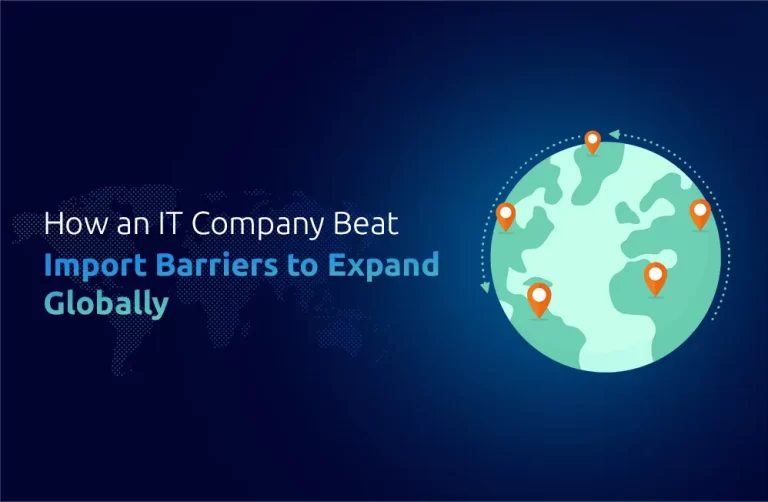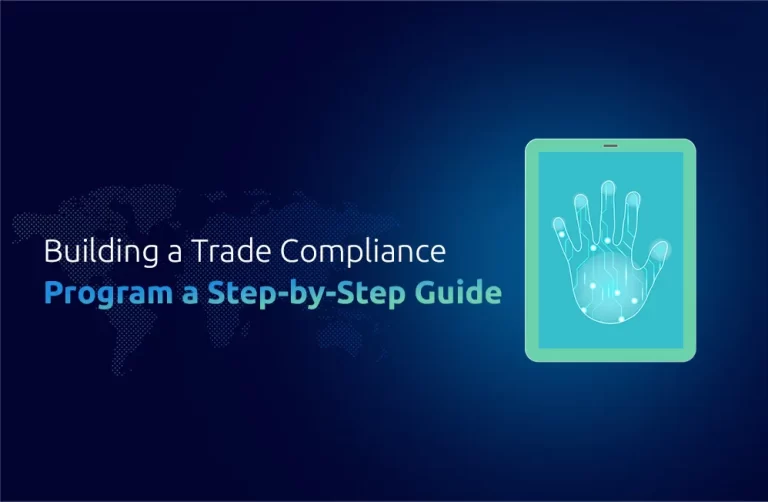Cities’ Contribution to Exporting: Key Hubs Driving Global Trade
Tripoli, Libya’s capital city and an integral center of trade and industry, remains at the core of its export sector; however, other cities such as Benghazi, Misrata, and Al Bayda play important roles. They play a vital part in infrastructure development – particularly IT-related developments – providing services.
Benghazi is another key economic center of Libya, located on its eastern coast. Benghazi has experienced a notable expansion in sectors related to information technology and telecom, generating increased demand for IT equipment and data center solutions.
Misrata is an important commercial and industrial city located in western Libya. Renowned for its trade and manufacturing capabilities, Misrata plays an increasingly significant role in importing advanced technologies, including IT/data equipment. Being Libya’s second-largest commercial port, Misrata is essential to its trade activities – an ideal location for export activities.
These cities are adding to Libya’s rapidly increasing position as an export hub, providing businesses with the support required for importing and exporting high-tech goods like IT equipment and data center equipment. Businesses based out of Libya now have access to global markets that present both local and foreign businesses with numerous opportunities.
Why Are EOR Services Essential When Exporting to Libya?
Like many other nations in the Middle East, Libya has strict rules and regulations in place regarding the import and export of certain types of equipment, particularly sensitive technologies like IT infrastructure and data center parts, which must meet national security measures as well as comply with international standards. EOR services provide essential support when trading with Libya. Companies looking to export goods to Libya should seek an Exporter of Record (EOR), who will assume full responsibility for the process, helping businesses navigate customs requirements, duty payments, import permits, and local regulations.
Companies without an EOR run the risk of delays or penalties when shipping products such as IT equipment or data center infrastructure that require specialized documentation and customs clearance processes. Furthermore, an EOR can keep companies updated on changing regulations and laws in Libya to ensure they remain compliant throughout their export process. Tech businesses benefit immensely from working with experienced EOR service providers like ONE UNION SOLUTIONS when exporting servers, routers, storage devices, or entire data center solutions overseas. Partnering with an experienced EOR service provider reduces compliance risk while guaranteeing smooth delivery to their destination.
Conclusion
As Libya’s economy develops, IT and data center sectors are expected to play an increasing role in shaping its export landscape. However, the complexity of international trade can present many obstacles for businesses; by working with an Exporter of Record provider, they can streamline the export process while remaining fully compliant with all regulations and mitigating risks such as fines associated with delayed or failed shipments.
Did You Know?
According to the World Bank, Libya’s trade activities have experienced annual increases of around 7 percent annually, driven largely by growth in exports in technology-related fields like IT and data centers.








